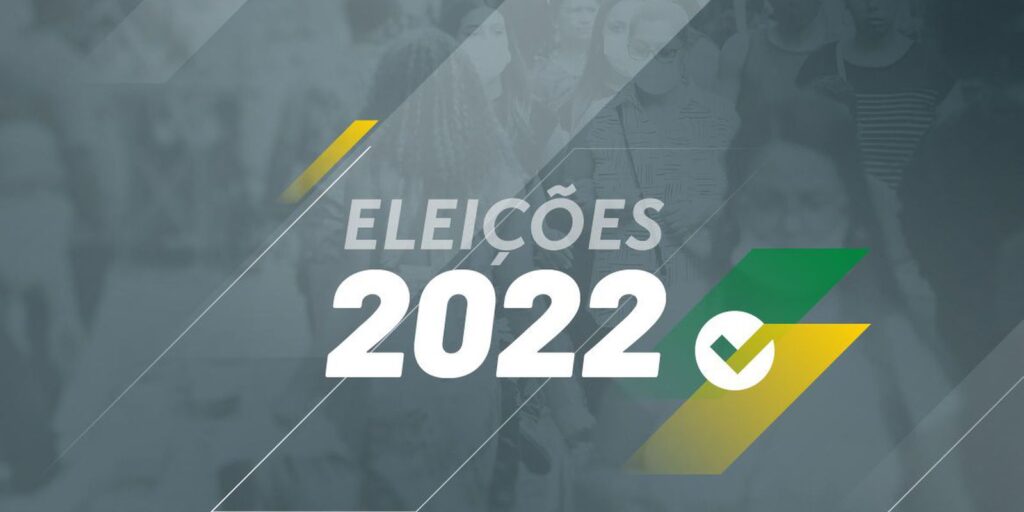President Gabriel Boric asked to respect the result of the plebiscite on the proposed new Constitution “whatever it may be” and showed his support for the Electoral Service (Servel).
“Whatever the result, we are going to respect and enforce the result that Chileans decide on September 4,” the President said at a press conference in the south of the country in the middle of a regional tour.
You may also like:
The head of state reiterated his point, in an interview with Radio Macarena of Chillán, asserting that “I am going to risk it for a Chile that is united by a new Constitution, whether it wins the Approval or the Rejection”.
“I want to say that both options are legitimate, if the Rejection wins, we are going to have to face a new constituent process, a new Convention, that is going to take, by the way, more time,” he said. And he added: “But, the people of Chile have already defined themselves by having a new Constitution, which is written in a democratic, parity manner, with more participation than was traditionally done, and by the way, the Constitution of 1980.”
Gabriel Boric said that “if the Approval wins, we are going to have to make improvements, make reforms, we are going to have to convene, where I am going to consider myself from a position of humility.”
“Here there can be no winners and losers. We have to meet again around our fundamental rules, and around something that seems to be a consensus today: that Chile has to move towards a social and democratic State of law, where certain aspects of life, such as health, education, pensions, housing, are not the business they are today, but are rights that do not depend on the amount of money one has in one’s pocket”, added the President of the Republic, concluding that “that is why I am going to risk it, that is why our Government is fully deployed, and that is what we are going to lead after September 5”.
Boric’s statements come hours after the far-right deputy Gonzalo de la Carrera unleashed the controversy by denouncing a possible fraud in the vote in two weeks, one of the most polarized in recent history.
The parliamentarian complained this week to the Electoral Service (Servel) for the appearance of deceased people in the register and on Thursday night he published a controversial image on Twitter of a cemetery with relatives visiting their dead.
The photograph was accompanied by the message “El ApruEVO and Servel doing door to door”, in reference to the support of former Bolivian President Evo Morales for the new Constitution.
“There is a sector of the right in Chile that is repeating the same thing that a sector of the right has done in Latin America, Bolsonaro is currently doing it (…) and Trump did it at the time, which ended with the assault on the Capitol,” Boric said.
“Democrats are going to defend democracy and we are going to support Servel,” he added.
More than 15 million Chileans are called to the polls on September 4 to decide whether they want to approve the new Constitution or maintain the current one, inherited from the dictatorship of Augusto Pinochet (1973-1990) and partially reformed in democracy.
The right and part of the center-left will vote against finding the new text, while the left is campaigning in favor of “Approval”, although it has promised to reach a great pact to reform the most conflictive aspects.
The new norm declares Chile a social state of law and enshrines rights such as universal public health, free education, better pensions and access to housing and water.
The right to voluntary interruption of pregnancy, the multinational nature of the State and the elimination of the Senate are some of the issues included in the text that generate the most controversy.
For months, the polls gave the option of approving the new text as the winner, but the main polls indicate a greater citizen preference towards maintaining the current law.


















